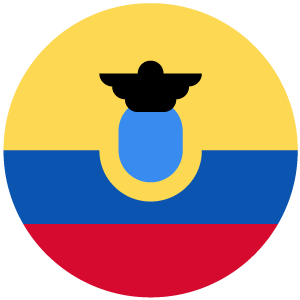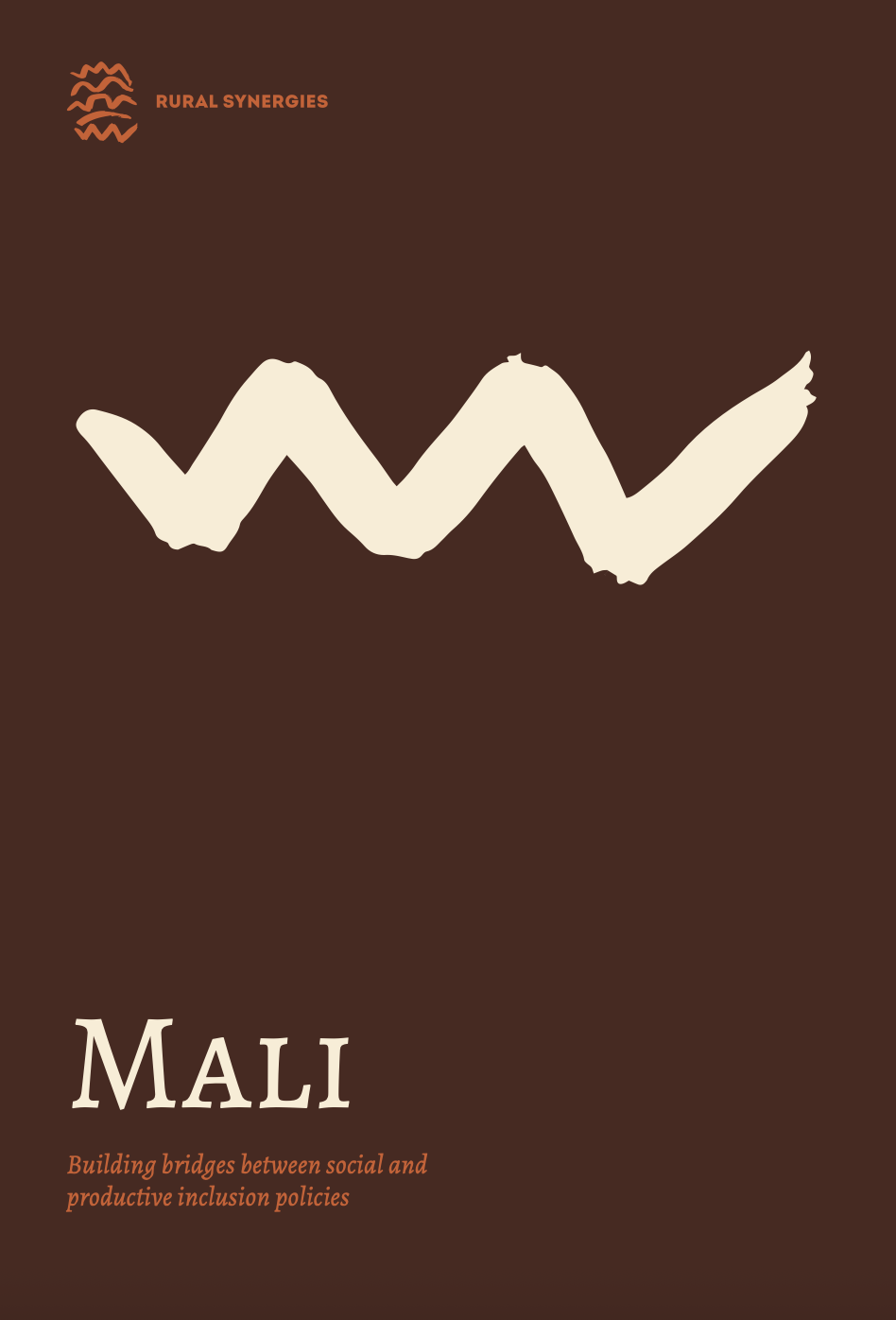Mali: Building bridges between social and productive inclusion policies
Autores
- Rimisp – Centro Latinoamericano para el Desarrollo Rural
- Centro de Estudios sobre Desarrollo Económico (CEDE), Universidad de los Andes (Colombia)
- Fondo Internacional de Desarrollo Agrícola (FIDA)
- Organización de las Naciones Unidas para la Alimentación y la Agricultura (FAO)
In 2015-2017, fao’s resilience, emergency and rehabilitation office for west africa implemented the project productive safety nets as a tool to reinforce the resilience in the sahel (hereinafter referred to as the cash+ project) in mali and mauritania. The project’s primary objective was to offer a response to the critical humanitarian situation in many parts of the sahel, where around four and a half million people face recurrent food and nutrition crises. At the time of the project, this situation was caused by the late start of the rainy season, meagre crop harvests, armed conflict, low pastoral production and the residual effects of the ebola outbreak. In mali, the intervention was carried out in the nioro du sahel circle, in the region of kayes. It originated from the ongoing quest by the malian authorities for greater food and nutrition security for the population, in a country that often suffers food shortages. The 2015 early hunger period could have exacerbated the deteriorating livelihoods of very poor households if no measures had been taken. There was clearly an urgent need to help vulnerable populations better absorb and withstand shocks by responding to early warning signals.
Nuestras oficinas:

- Chile: Huelén 10. Providencia, Santiago, Región Metropolitana. (+56-2) 2236 4557 | Fax (+56-2) 2236 4558.

- Ecuador: Checoslovaquia E9-95 entre Suiza y Moscú. Edificio Eveliza Plaza. Planta Baja. Quito. (+593-2) 5150144.

- Colombia: Carrera 9 No 72-61 Oficina 303. Bogotá. (+57-1) 2073 850.

